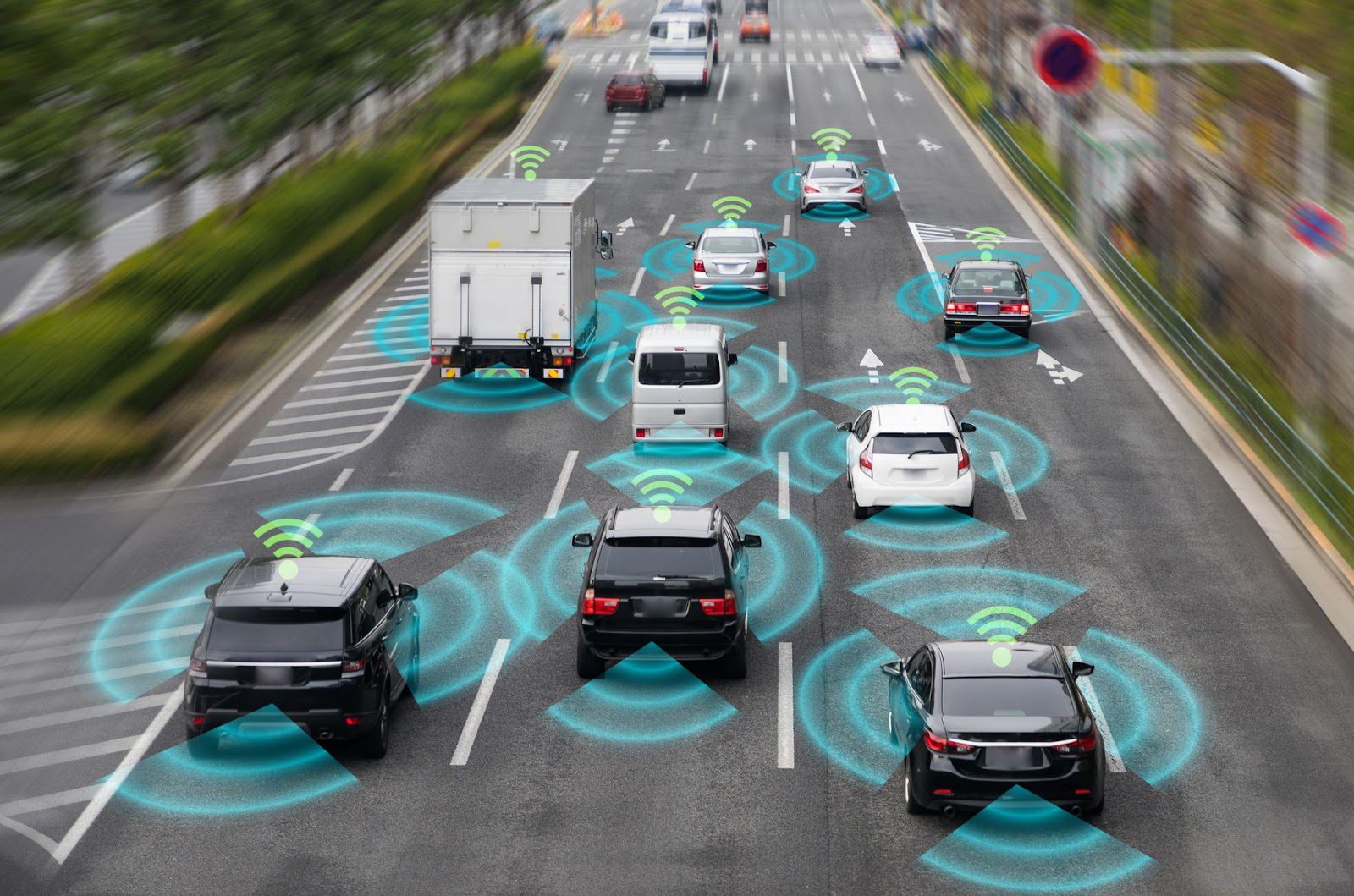The rideshare industry has rapidly grown over the past decade, with companies like Uber and Lyft becoming household names. The rise of technology has played a significant role in the growth and success of the rideshare industry, from streamlining the process of booking a ride to improving driver experience and safety. However, technology has also had a significant impact on rideshare drivers in Florida, both positively and negatively.
In this article, we will examine the role of technology in the rideshare industry and how it affects drivers in Florida.
Advantages of Technology for Rideshare Drivers
Increased Earnings Potential
The use of technology has enabled rideshare drivers to earn more money by providing them with access to a larger pool of passengers. With the use of a smartphone and the rideshare app, drivers can easily pick up passengers in different parts of the city. Thus it increases their earning potential.
Additionally, technology has made it easier for drivers to track their earnings, allowing them to plan their work schedules and make the most of their time on the road.
Improved Safety Measures
Technology has also improved the safety of rideshare drivers, particularly through the use of GPS tracking and real-time communication. This allows drivers to see their passenger’s location and communicate with them directly through the app, reducing the risk of picking up the wrong passenger. Additionally, the rideshare app also provides a record of the passenger’s journey, which can be used in case of any disputes.
More Efficient Rides
The use of technology has improved the overall efficiency of the rideshare industry. The rideshare app provides real-time traffic updates, allowing drivers to choose the quickest route to their destination. This, in turn, reduces the time spent on the road, resulting in less fuel consumption and fewer emissions.
In Florida, the use of technology has also led to the creation of new business opportunities, such as “Uber car rental.” This new concept allows drivers to rent a car specifically for the purpose of driving for Uber, providing them with a cost-effective way to earn money without having to purchase their own vehicle. However, this new business model has also led to concerns about job security and
Disadvantages of Technology for Rideshare Drivers
Decreased Earnings
While technology has increased the earning potential of rideshare drivers, it has also led to decreased earnings in some cases. The use of algorithms to determine the price of a ride has resulted in a decrease in the amount paid to drivers. Additionally, the use of surge pricing during peak hours has also led to decreased earnings for drivers, as they are not always able to access these high-paying fares.
Increased Competition
The use of technology has also increased the competition among rideshare drivers, making it more difficult for them to earn a living. With the ability to see the number of drivers in a specific area, drivers are more likely to compete for fares, leading to lower earnings.
Dependence on Technology
The reliance on technology has also created new challenges for rideshare drivers. Technical issues with the app, such as slow loading times or errors, can result in lost income for drivers. Additionally, the need for a smartphone and reliable internet connection can also be a barrier for some drivers, particularly those who cannot afford the necessary technology.
Conclusion
The impact of technology on rideshare drivers in Florida has been both positive and negative. On the one hand, technology has allowed drivers to earn more money and improve their safety on the road. On the other hand, technology has also led to decreased earnings.



































